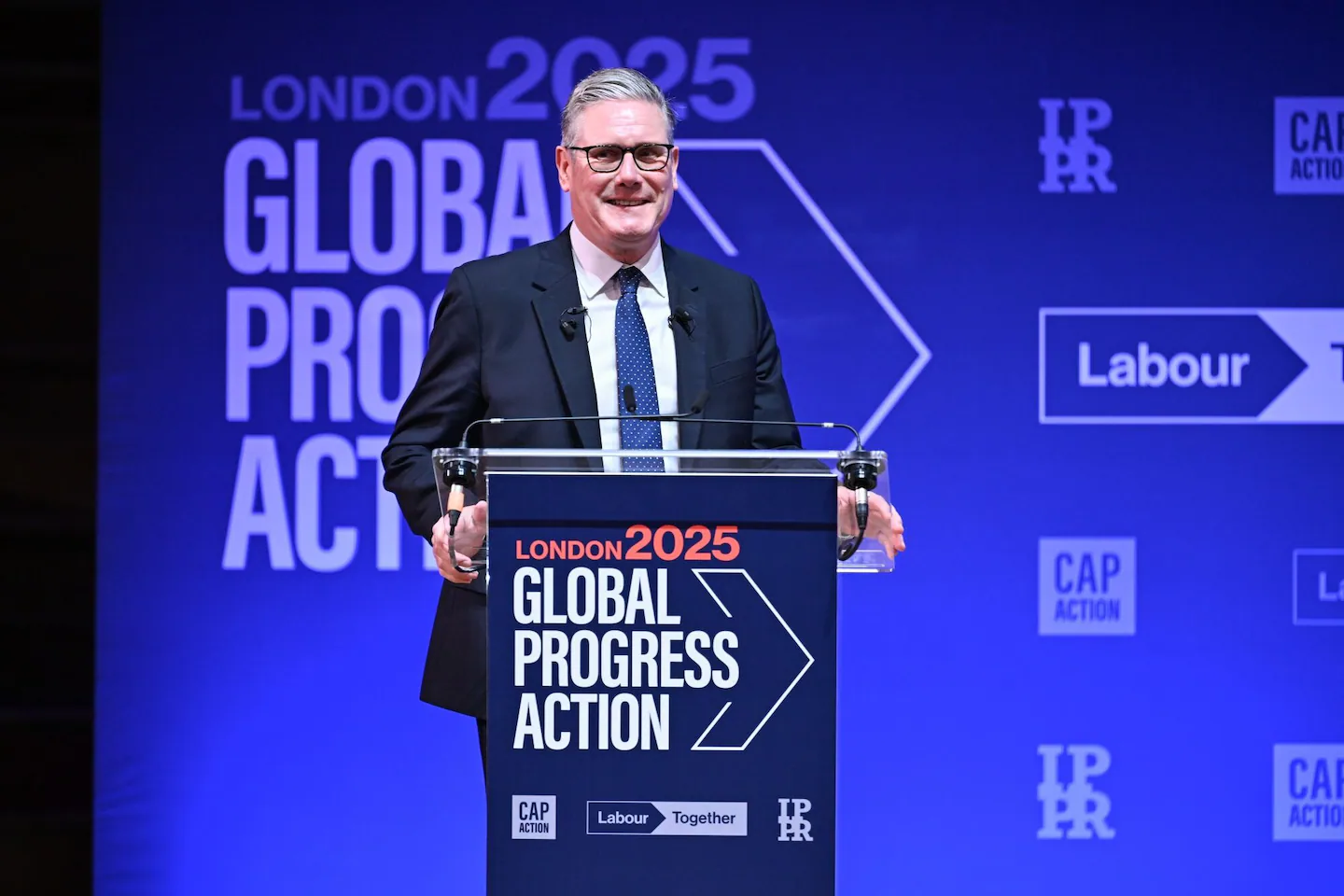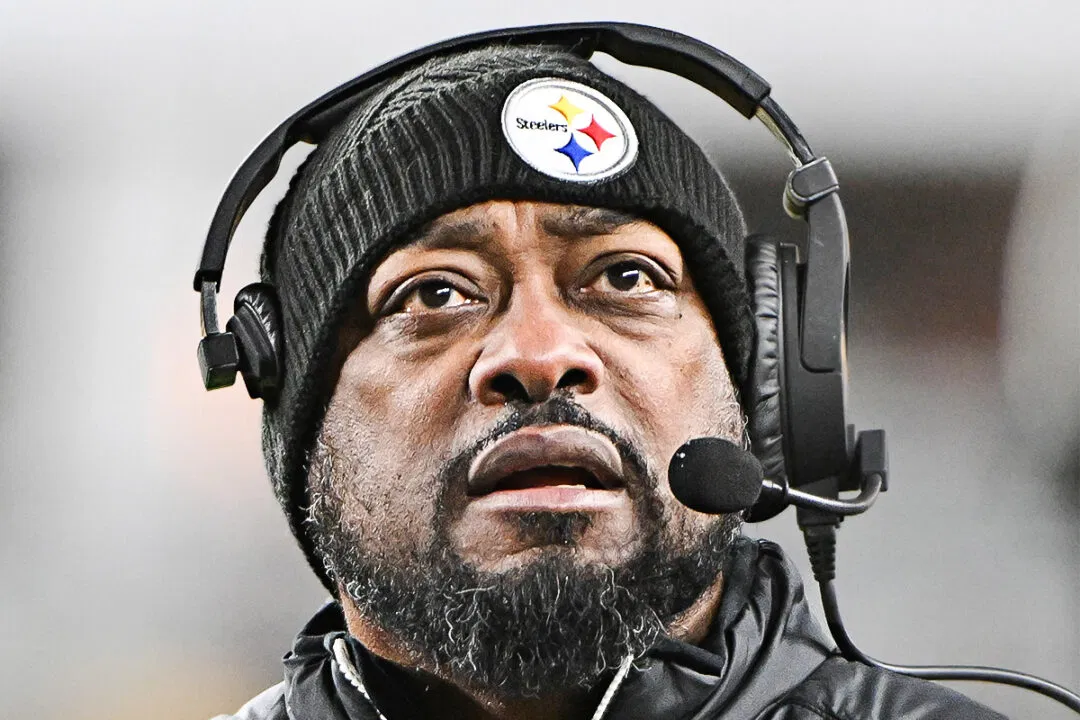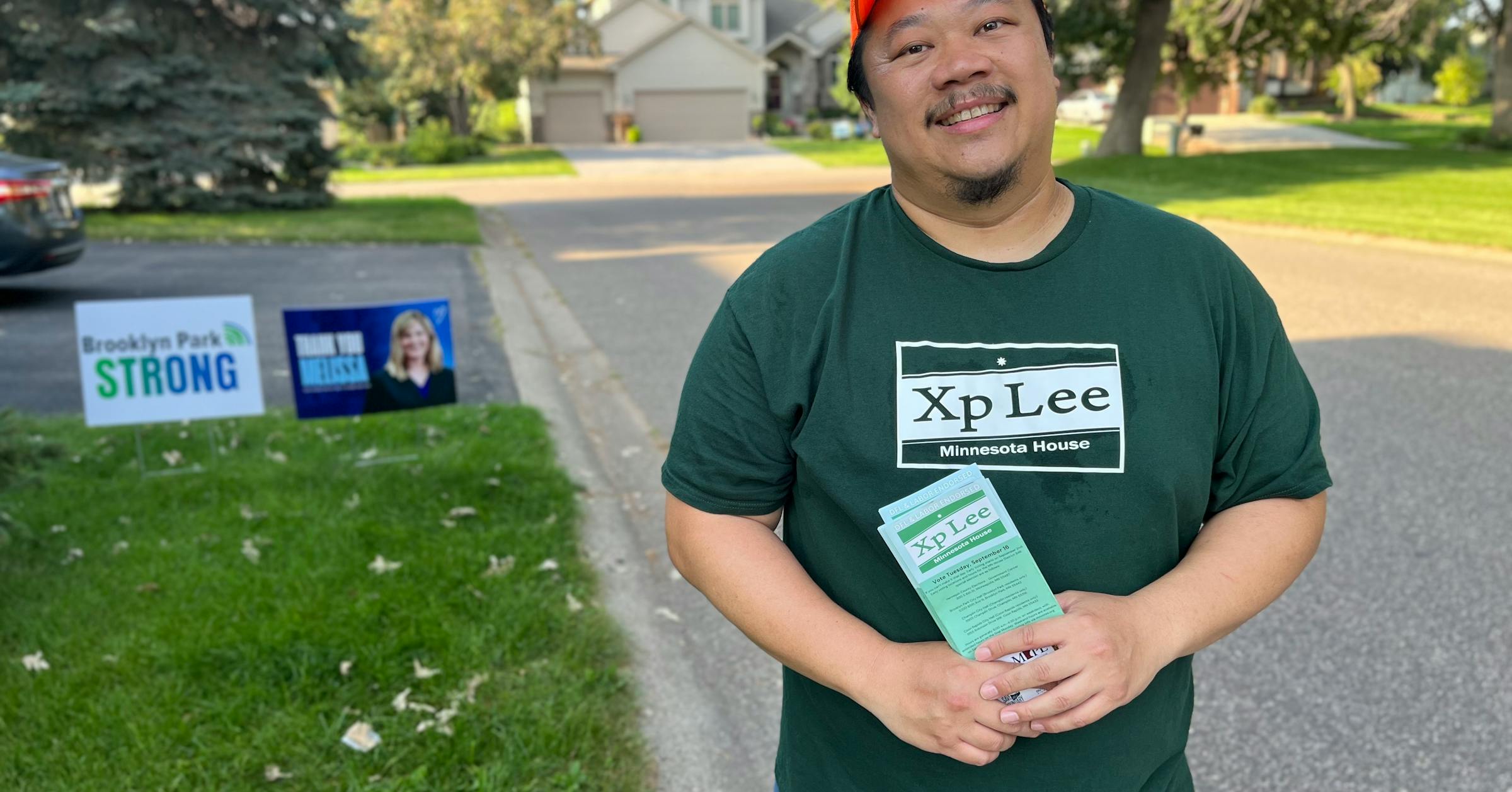
The Prime Minister acknowledged that his Labour Party had previously avoided addressing people’s concerns about illegal immigration.
“There is no doubt that for years, Left-wing parties, including my own, did shy away from people’s concerns around illegal immigration,” he wrote in the Daily Telegraph. “It has been too easy for people to enter the country, work in the shadow economy, and remain illegally.”
In his London remarks, he added, “Frankly, we’ve been squeamish about saying things that are clearly true.”
Since Labour’s landslide election victory in July 2024, more than 50,000 migrants have arrived in Britain on small, flimsy boats.
Polling last month by YouGov showed that 27 percent of Britons surveyed had a favorable view of the Labour Party, and 26 percent had a favorable view of the Conservative Party. In comparison, 34 percent had a favorable view of Reform UK, a new right-wing party led by Nigel Farage.
Farage, a former member of the European Parliament who crusaded for Britain to quit the European Union, recently announced plans for a mass deportation of immigrants should his party come to power, including hundreds of thousands of people who will qualify to remain in the UK legally over the next three to four years, saying they are “going to be a huge burden on the state.”
Many of the new arrivals are asylum seekers fleeing conflict, persecution, or poverty. They are drawn to Britain for English-language reasons, family ties, and the belief that there are better opportunities in its informal labor market.
The government’s reliance on housing thousands of asylum seekers in hotels while they wait for applications to be processed has further inflamed the issue, drawing public protests.
The number of crossings has contributed to the reemergence of immigration as a top concern for British voters.
Farage’s Reform Party holds just five members of Parliament but is leading in the polls. The next national election must take place no later than August 2029.
While mandatory ID cards are standard in most European countries — carrying one is compulsory in many places — the idea has long faced resistance in Britain. Tony Blair championed ID cards as prime minister two decades ago, but the effort collapsed amid political opposition and concerns over high costs and civil liberties.
Starmer stressed it was legitimate to have concerns about immigration levels but called on Britons to reject Reform’s “toxic” approach and “simple slogans.”
“There is no silver bullet, but we must enforce every possible measure to deter illegal migrants from entering British waters,” he wrote. “This Government will make a new, free-of-charge Digital ID that will be mandatory for the right to work by the end of this Parliament.”
The prime minister’s announcement comes ahead of Labour’s annual party conference in Liverpool, which begins this weekend.
Digital IDs are a form of identification that lives on a phone or computer, rather than as a card in a wallet. In Britain, digital IDs would carry the same information as traditional cards or paper IDs, such as a person’s name, date and place of birth, and a photograph, the government said.
The digital card could be stored on a smartphone. The National Health Service in Britain already uses a similar program.
Critics of compulsory digital ID cards — including opposition parties and civil liberties groups — warned that it would do little to prevent small boat crossings while raising serious concerns about privacy and mass surveillance.
Kemi Badenoch, the leader of the Conservative Party, said in a social media post, “We will not support any system that is mandatory for British people or excludes those of us who choose not to use it from any of the rights of our citizens.”
Starmer made his remarks about digital ID cards to a group of left-wing leaders from around the world. “Now you will all have issues in your own countries, but in Britain, it’s illegal migration, and I suspect that may be the same in a number of other countries,” he said.
Looking out at his audience, he noted that some may have gone out for breakfast, “popped into the pub” last night, or enjoyed sunshine in the park, and in doing so “may have noticed that this city isn’t the wasteland of anarchy that some would have you believe.”
While Starmer didn’t mention any names, his aside — contrasting ordinary life with sensationalist portrayals of the British capital — seemed directed at President Donald Trump, who disparaged London in a speech to the United Nations General Assembly this week. Trump called London Mayor Sadiq Khan — a London native of Pakistani descent — “terrible” and suggested, without basis, that London was moving toward “sharia law.”



